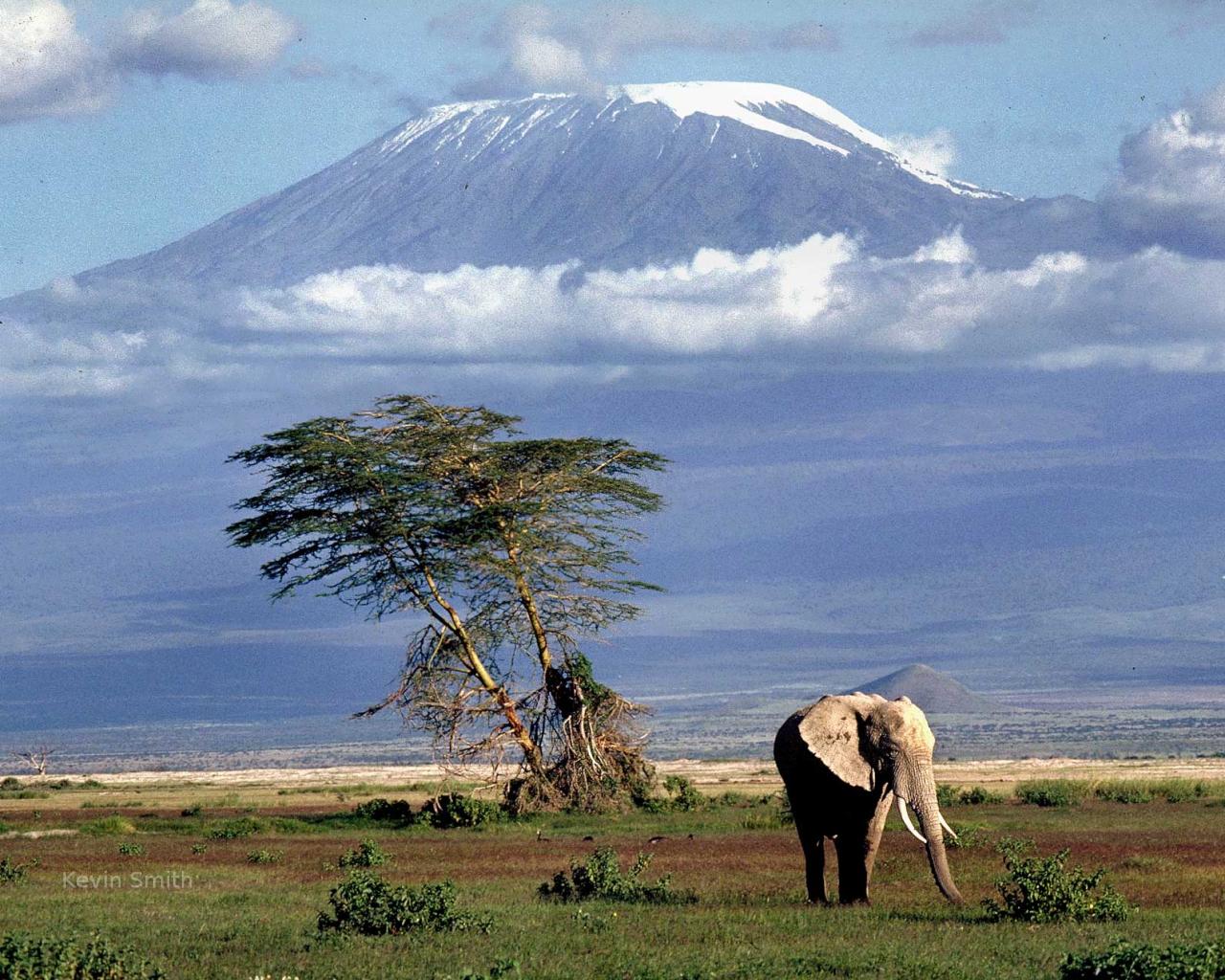Please give generously to our Kilimanjaro Climbing Appeal!
I have now been working in Mbarara Regional Referral
Hospital (MRRH) for just over 5 months.
My primary aim is to improve maternal services in Mbarara and this is a
brief update on what I have achieved so far and my plan for the future.
The organisation of the
unit has frequently been chaotic, particularly on the antenatal ward where 25 admissions
a day is commonplace. For its size, the unit also has an extremely high number
of deliveries per year (around 9,000). I
have introduced a white board to facilitate order, to enable better quality
handover and to act as a reminder to perform timely examinations. Although there was initial resistance (and for the
first 2 weeks there was only myself and one of the fourteen residents updating
it regularly) it is now being used effectively.
 |
| Kilimanjaro, elephant. |
There are no curtains
and very little privacy for those patients who require intimate examination on
the antenatal ward. There is also a lack of bed nets to protect patients from mosquitoes
and subsequent malaria. With money raised
from the Global Gateway Challenge I have ordered
bed nets and curtains to improve patient care on the antenatal ward so we are
excitedly awaiting delivery.
One of my main roles in
MRRH is teaching, which can sometimes prove difficult, partly due to the lack
of available space close to the clinical areas.
I am pleased to report we were recently granted permission to renovate a
storage room adjacent to the ward area.
This renovation was only made possible by funds raised from generous fellows
and members of the RCOG. The room is a more appropriate teaching environment
and makes it easier for staff to attend sessions whilst remaining easily
accessible in the event of an emergency. This area has already been used by
midwives, medical students and doctors.
 |
| Before... |
 |
| ...after |
Along with this refurbishment, and with the collaboration of my Ugandan colleagues, I have managed to pilot
a cervical cancer screening project for HIV-positive patients using visual
inspection with acetic acid (VIA). This
has now been running for 10 weeks and we have already screened 350 women. We
hope to expand this programme through collaboration with Mulago-Mbarara
Teaching Hospitals’ Joint AIDS Program, who are instrumental in the funding and
functionality of the HIV clinic in Mbarara, and who we hope will provide the
means to train more nurses in VIA technique.
I currently sit on a maternal mortality committee. We have
identified one of the main problems, namely that a significant contributor to
maternal death is the lack of appropriate antenatal care women are receiving in
this region. In the future, along with help from other committee members, I
hope to improve these services by providing necessary equipment to establish a
high risk antenatal clinic and by producing referral criteria for distribution among
other health units to improve antenatal care.
Although these changes are small, change in Uganda
begins and is sustained by changes in attitude. I hope that by taking an
interest in teaching and by providing dedicated teaching areas, residents’
enthusiasm for post-graduate learning will increase. Although our HIV / cervical cancer screening
programme is in its infancy, I hope that the number of screened patients will
continue to rise. Single lifetime screening has been associated with reductions
in cervical cancer of as much as 31%.
Furthermore, if we can improve our antenatal care, there may be a
subsequent fall in maternal and perinatal mortality. I believe that these small changes can make a
big difference to the health of women and babies in Mbarara.
| Kim has promised to do it without legs (surgically removed by Dave) if anyone is willing to donate £10,000. |
Small changes still require funds. Dave and I are climbing Kilimanjaro on
the 28th June and we would appreciate any support you can give
us. Your donations will be used to
improve the care of mothers and their babies in Mbarara Regional
Referral Hospital
No comments:
Post a Comment